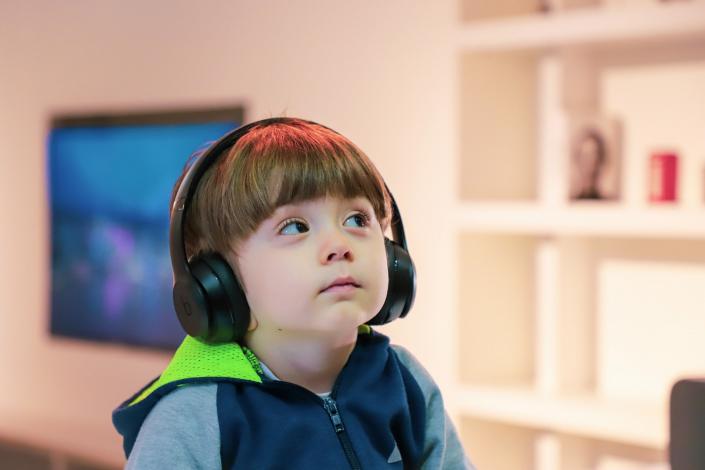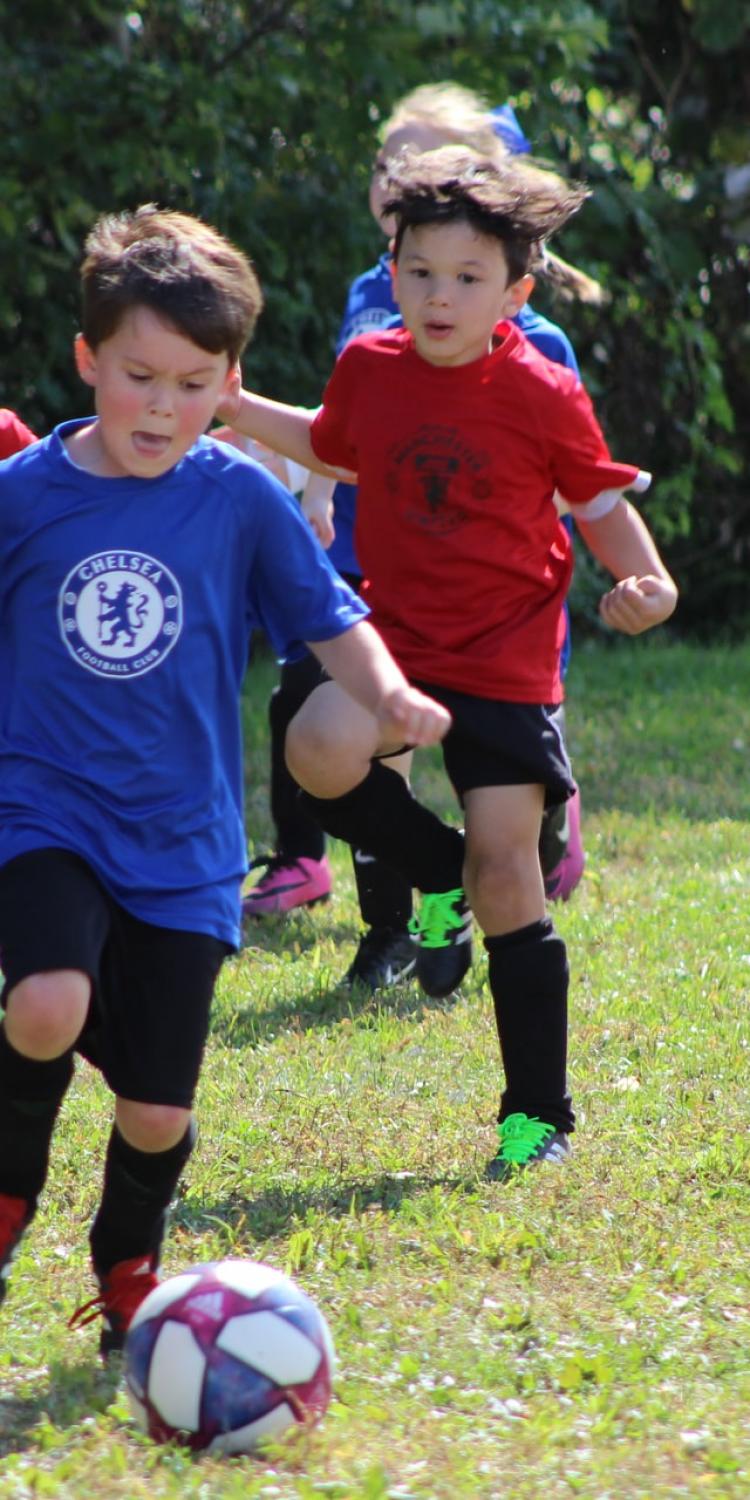Your Child is Always Listening
This post contains references to products from one or more of our advertisers. We may receive compensation when you click on links to those products. Terms apply to the offers listed on this page. For an explanation of our Advertising Policy, visit this page.
Your kids are always listening when close by, so watch what you say.
Kids have pretty good ears. They can catch the slightest sounds that they may hear whether it be outside or inside. Whether or not they react is a different story, but they hear what is going on around them. Part of that is due to having to learn from being a baby - they had to listen in order to learn to talk and actively participate in the world around them. It’s one of the main ways they were able to so quickly learn.
This is great for them learning to speak, but not so great for you when they’re older. You need to be on your best behavior all of the time, and make sure that you’re not speaking about them when they’re in the vicinity of where you’re at. They will hear those comments and discussions that are going on, so make sure you’re talking as if they were right there in front of you because they will repeat what you say.
With younger children, you can say things in front of them because they may not understand, but it’s not a good habit or idea to get into. All parents play the spelling game too (i.e. don’t say candy but spell C-A-N-D-Y), but they’ll grow out of that as well. Ultimately, it’s best to clean your language up immediately and to not discuss personal matters about your kids in front of them from the start.
One obvious issue with kids always listening is that they will pick up on the words that you don’t want them saying, or at least the words they shouldn’t be using at school and with other kids. Swearing is one of the things that kids will pick up on extremely quickly, even if they don’t know what it is. Swearing in general isn’t usually the most becoming language anyways, so cutting it from your vocabulary is probably a good idea (of course, every now and then something may slip but cut it from common conversation).
It’s not just swearing that is a problem though. Talking about your child if they’re behind in either language skills, math skills, or any other skill can be demoralizing for them if you’re discussing it with someone else. Make sure that whatever you’re saying about your child when they’re around, you’re fine if they hear.
You teach your kids not to talk about people behind their backs, and you should practice the same. Your kids are picking up on everything you’re saying about them or about their siblings. Don’t talk about them as if they weren’t there when they are. While they may not have been able to pick up on something or understand it in the past, that will change quickly and you simply don’t know what they will internalize and understand later.
If you need to talk about your child with your partner or someone else, do so in private. While you can’t control if your child is trying to listen in, you can minimize the likelihood that they are listening. Do so behind closed doors and don’t scream/yell what you’re trying to say. You obviously need to talk about your child at times, just do so at appropriate times that will minimize the likelihood that they’re able to hear.
Your kids are listening and hear almost everything. Keep your language clean and only talk about them appropriately. They understand and hear more than you may think.





